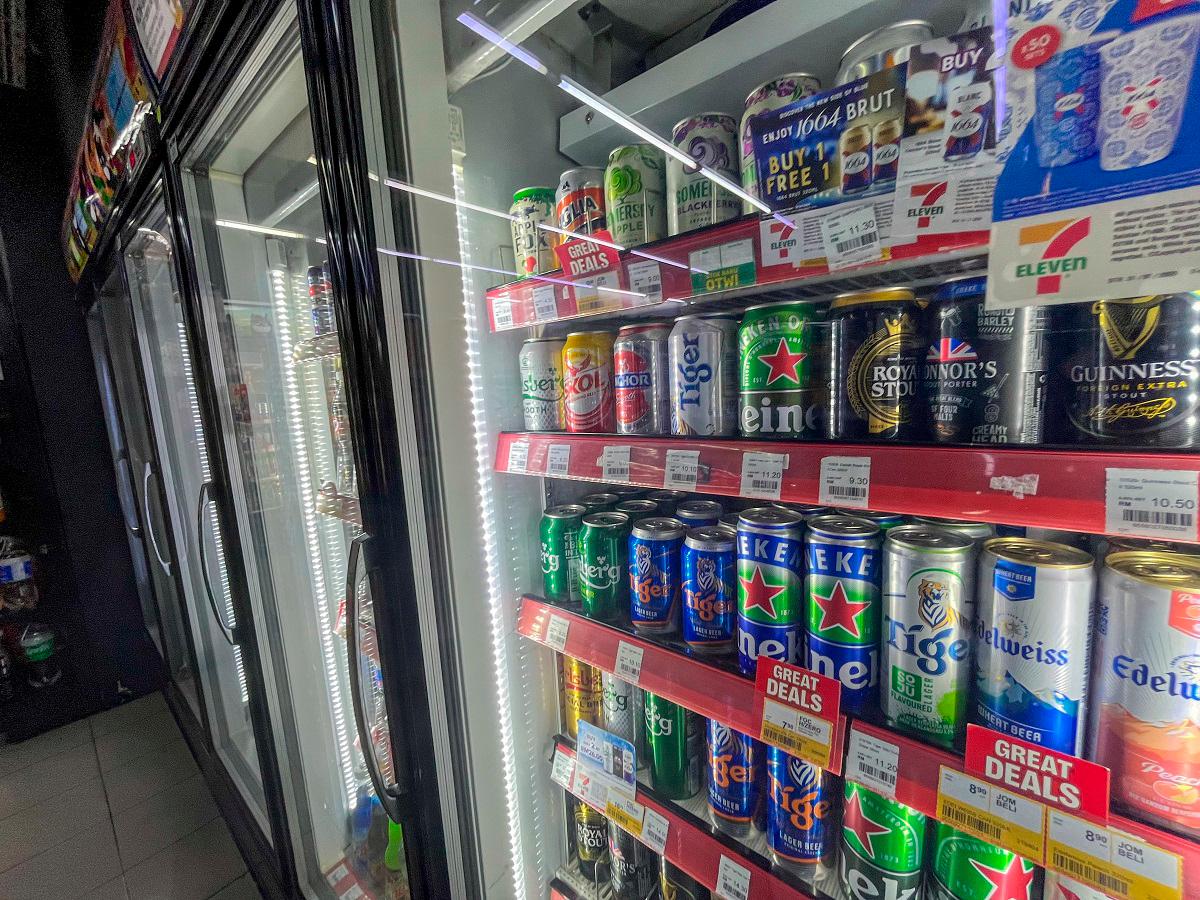PETALING JAYA: The Negeri Sembilan government decision to ban alcohol consumption in public recreational spaces has sparked strong reactions from civil society groups and consumer rights advocates who stress that the move risks undermining individual freedoms, harming tourism and fostering intolerance in Malaysia’s plural society.
The ban, which took immediate effect, covers parks, beaches, fields and playgrounds.
Menteri Besar Datuk Seri Aminuddin Harun said the move was made in response to public complaints about disturbances and litter left by people drinking at such places.
“We have received many complaints about individuals drinking and leaving behind bottles and packaging,” he said after chairing the state executive council meeting.
He stressed that alcohol is not entirely banned, and people may still drink at shops or private premises, just not in public spaces.
Violators face fines of up to RM2,000, with enforcement to be carried out by local councils and police.
Alliance for a Safe Community chairman Tan Sri Lee Lam Thye said the policy could lead to unintended consequences, including for guests staying near recreational areas.
“What if someone is staying at a rest house near a beach or park? Are they not allowed to have a quiet drink in their own space? That would be unreasonable.”
Lee said the actions of a few should not result in blanket restrictions for all.
“For non-Muslims, having a beer to unwind is a personal lifestyle choice. Not everyone who drinks misbehaves. Yes, incidents happen but they are the exception, not the norm,” he said.
He added that Malaysia already has laws to address disorderly behaviour and that targeted enforcement, not sweeping bans, is the solution.
“If someone is causing trouble, report them to the police. We should not restrict the rights of many because of a few,” he said.
“If this trend continues, it could pave the way for similar restrictions elsewhere, eroding personal freedoms.”
Lee also emphasised the importance of inclusivity.
“Public policy must reflect mutual respect and constitutional rights, including the legal right to consume alcohol responsibly.”
Federation of Malaysian Consumers Associations (Fomca) CEO and secretary-general Dr Saravanan Thambirajah echoed similar concerns, stressing that any policy limiting personal freedom, especially for non-Muslims, must be carefully reviewed.
“Malaysia is a multi-religious, multi-cultural nation. A blanket ban risks infringing the rights of those who consume alcohol legally and responsibly,” he said.
Saravanan advocated strict enforcement of existing laws against being intoxicated in public and behaving in a disruptive manner, rather than implementing blanket bans.
“The issue lies with behaviour, not the beverage,” he said, adding that disturbances are caused by irresponsible individuals.
He added that the ban could negatively impact the state tourism sector and small businesses that rely on
alcohol sales.
“Beachside cafes, bars and convenience stores often cater to tourists. This ban could deter visitors and disrupt local livelihoods,” he said.
Saravanan added that inconsistent state policies could confuse travellers and damage Malaysia’s image as a tourist friendly destination.
Fomca also cautioned against moralistic policymaking that overlooks the complexities of a plural society and urged for promotion of responsible consumption and civic-minded behaviour.
“Drinking should be confined to licensed, appropriate venues. Consumers must avoid unsuitable areas such as playgrounds or family zones.
“Littering, public nuisance or disorderly conduct should never be tolerated regardless of what is consumed,” he said.
He added that any rule affecting diverse communities should be preceded by open dialogue.
“Rather than blanket bans, let’s focus on targeted enforcement and public education, which are measures that uphold rights while ensuring harmony in shared spaces,” Saravanan said.









